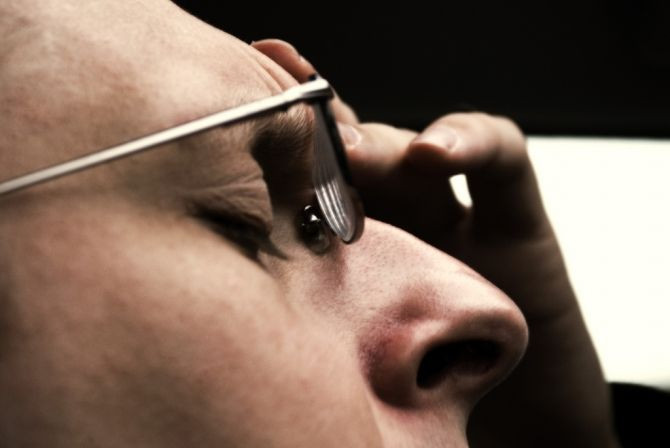Migraine, Tooth Ache, Sweating and Baldness Are Just a Few Subtle Signs of a Heart Attack

There are several signs that can indicate your heart is not as healthy as you may think. The most obvious signs are pain and discomfort in the jaw, neck or back; feeling light headed, weak or faint; chest pain or discomfort in the arms or shoulder and shortness of breath.
There are also not so obvious signs you should be aware of that can be a sign of a heart attack. Many of these not so blatant warnings include tooth ache, migraine, dizzy spells, sweating and baldness.
Angina is a type of chest pain caused by reduced blood flow to the heart muscle. It usually develops when the heart works harder than normal. Though many are familiar with the common parts of the body one may experience angina, there are other parts of the body you should be aware of. Some individuals may experience angina in the teeth, according to Dr. Klaus Witte, a cardiologist at Leeds General Infirmary and senior lecturer at the University of Leeds.
If you experience a tooth ache alongside other symptoms of angina, it is best if you contact your doctor as soon as possible.
In a study published in the journal Neurology, people who suffer from migraines are twice as likely to have a heart attack. The risk of having a heart attack increases if an individual's migraine is associated with aura. Migraines with aura symptoms include flashing lights, zigzag lines or a grayish vision.
Dizzy spells refer to when someone feels fatigued or faint. For most people dizziness may not be an indication of any fatal condition. However, for others it can be a warning sign. Dizzy spells can often be associated with a drop in blood pressure. If your blood pressure drops too low it can be a sign of heart failure.
Researchers from the University of Illinois, Chicago, found that when people perspire along with chest pain could be a good cue a heart attack is on its way. So if you find yourself sweating excessively, while experiencing shortness of breath, tightness in your chest and dizziness, you should not disregard the signs.
A study conducted by researchers from Harvard Medical School discovered men with server vertex baldness have a 36 percent higher chance of experiencing a heart attack. Another study found the higher a man's level of natural testosterone, the higher is risk of developing heart problems.



























